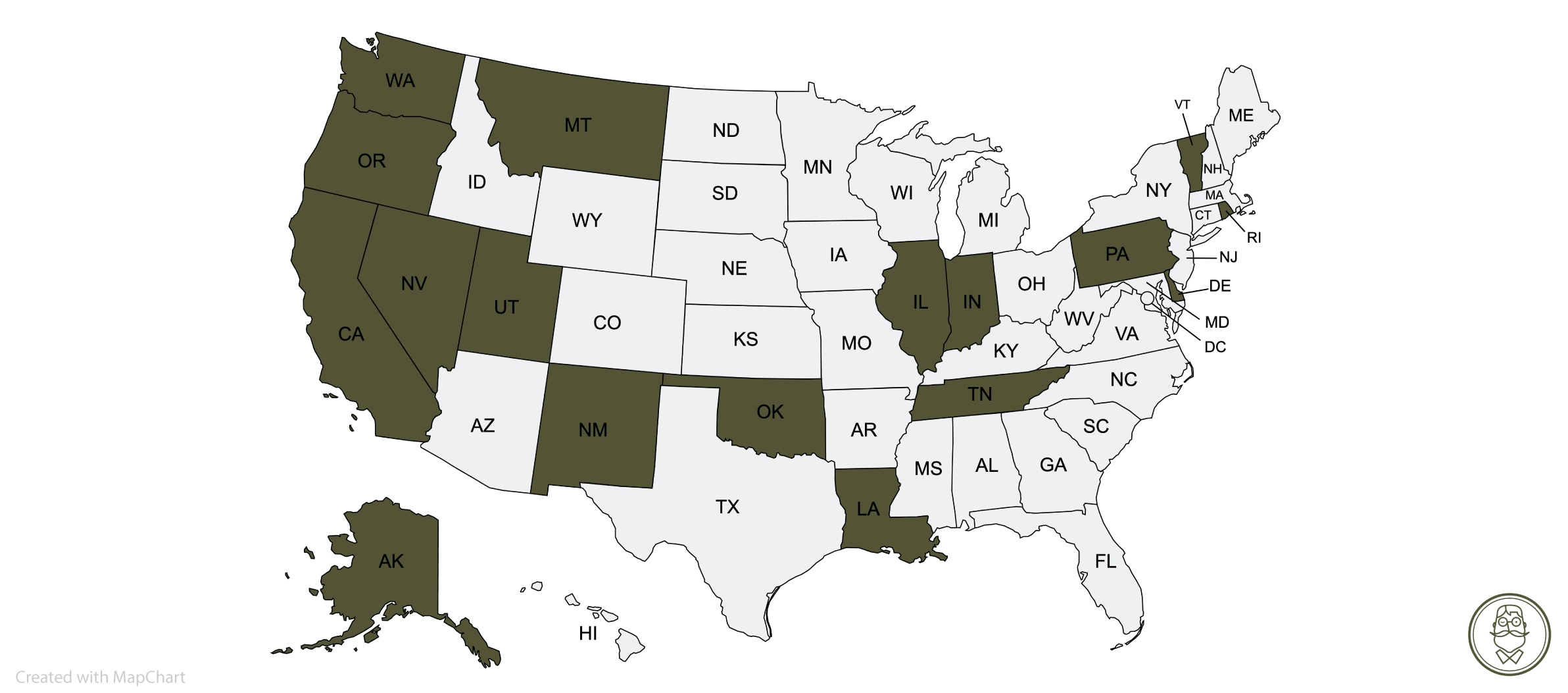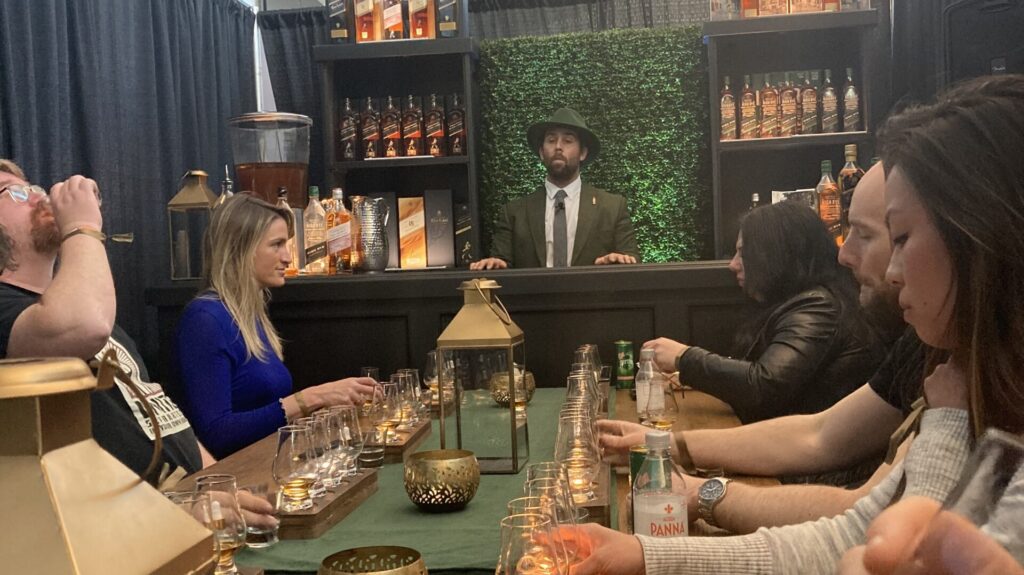If you clicked on this article, youve probably already figured out that in order to serve alcohol in the State of Washington, you will need to get an MAST Permit. But now, you need to know how to get a MAST Permit. Well, youve come to the right place because we are going to break it down for you into three easy steps!
Step #1: Take a course.
The first step is to take a Mandatory Alcohol Server Training (MAST) Class that has been approved by the Washington State Liquor And Cannabis Board (WSLCB). Servers must complete a class whether they are getting a MAST Permit for the first time or renewing a MAST Permit.
Craft Servings new, modern online course is not only approved by the WSLCB, but it also features fun videos and interactive lessons developed by bartenders with years of experience working in the service industry. So in other words it’s practical!
Step #2: Pass the exam.
The second step is to pass the exam. After completing your certified MAST Course, you will be presented with an exam. Once you start the exam, you must complete it in one sitting. You must also get a score of 80% or higher to pass. If you fail, dont worry, you can retake it as many times as needed in order to get a passing score!
Also, heres a hot tip. Craft Serving’s course teaches to the final exam as much as possible and oftentimes, bolded sections pertain to information that will be covered in the exam. 😉
After you pass, we recommend you print off a copy of the Certificate of Completion and keep it handy while you wait for the next step!
Step #3: Receive your permit.
The final step is to receive your permit in the mail. Unfortunately, at this time, the WSLCB does not allow providers to email MAST Permits. After you pass the exam, Craft Serving will print your MAST Permit and report your permit information to the WSLCB. You can expect to receive your permit within a week or two.
After you receive your MAST Permit, be sure to sign it and carry it with you anytime you mix, serve, sell or supervise the sale of alcohol at a licensed premises. By law, both the MAST Permit and an acceptable form of identification must be available for immediate inspection by any representative of the WSLCB, peace office or law enforcement.
In five years, your permit will expire and you will be required to retake a MAST Class. When that time comes, we hope you will visit us again!
Sample MAST Permit:

For other answers to questions about MAST Permits, please check out our Frequently Asked Questions page.















How much will it cost in total? Do I pay for the course and the permit separately?
Great question, Dawn! In Washington, you just pay one fee and the process is pretty straightforward. After you finish the course, we will print and mail your MAST Permit to the address you provided. The cost to print and mail your permit is included with the course fee. However, it can be different in other states. For example, in states like Oregon and California, you have to pay for the course separately and you also have to pay a processing fee to the state because the state issues your permit/certification. Please let me know if you have any more questions. Cheers!
I’m very excited about taking this course very informational
Do we need to provide SSN for exam?
Unfortunately, yes, but we totally get it. Providing your SSN is something you should be very cautious about giving out, and to be honest, we wish we didn’t have to collect SSNs.
That said, per RCW 26.23.150, we are required to obtain your SSN in order to issue you a MAST Permit. This state law works in conjunction with RCW 26.23.120, which requires us to then pass your SSN on to the WSLCB so it can assist in child support enforcement.
In accordance with RCW 74.20A.320, the Washington State Department of Social and Health Services’ (DSHS) Division of Child Support (DCS) requires the WSLCB to suspend or cancel the MAST Permits of non-custodial parents who are at least six months in arrears on child support payments.
Please rest assured, your SSN will not be displayed on your MAST Permit. Additionally, we will not share your SSN with any other party except as required by law under RCW 26.23.120.